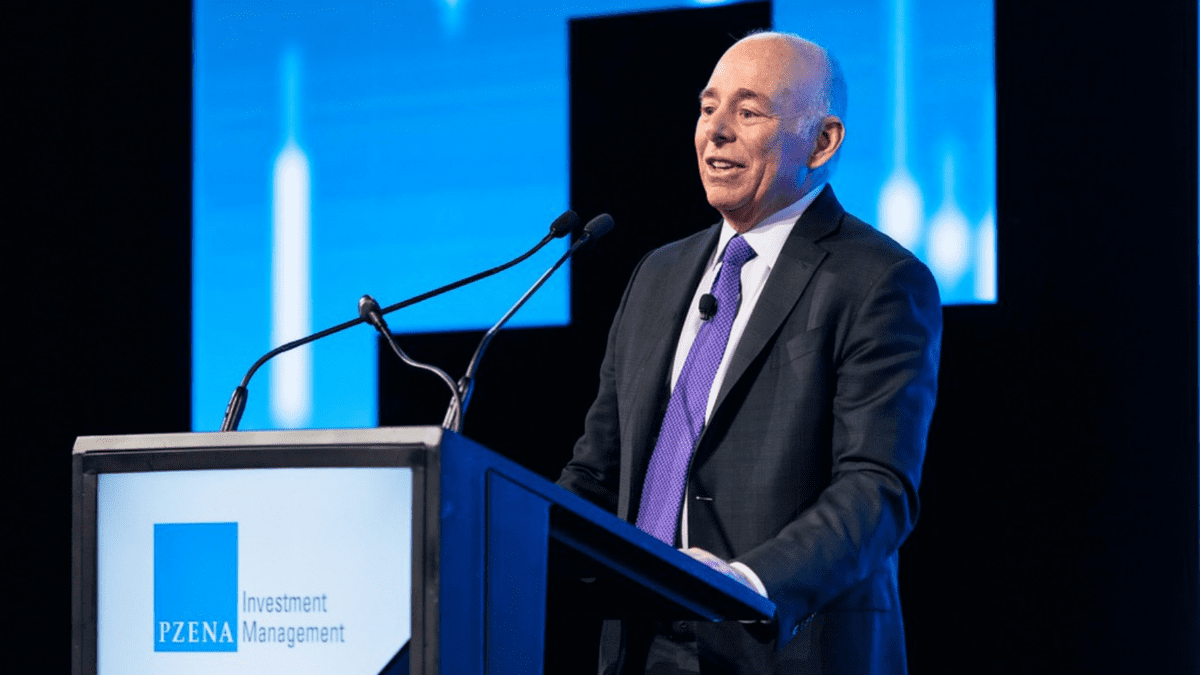Investment complexity pushing demand for advice: EY
Persistent market volatility is having a profound effect on investor behaviour, with more than a third of Australian wealth management clients reporting that managing their wealth has become more complex over the last two years, while nearly half have moved assets into active investments, new research shows.
The changing investment landscape – shaped by macroeconomic and geopolitical factors as well as technological developments – means wealth managers need to adapt faster than ever and pushes the value of sound financial advice to the fore, according to the 2023 EY Global Wealth Management Research Report, released April 26.
“Given ongoing market volatility, investors have a lot of questions right now, and they are hungry for advice,” said EY Oceania wealth and asset management leader Rita Da Silva. “Continued market stress is amplifying their defensive stance as well as their appetite for both switching and adding to their portfolio.”
The report, which surveyed more than 2,600 wealth management clients in 27 geographies, found that 40 per cent of respondents globally think managing their wealth has become more complex. In Australia, that figure is slightly lower at 37 per cent; of that cohort, 64 per cent cited market volatility as a reason for their lack of financial preparedness, compared with a global average of 57 per cent.
According to EY, the increased sense of complexity in investing is only partly attributable to the political and economic shocks of recent months. “It also reflects the rise of new investment products such as digital assets and the growing availability of online and hybrid offerings, and the increasing complexity of the wealth management industry itself as fintechs and other new entrants expand, and incumbents adapt their business models,” the report stated.
Investors reassessing priorities
The uncertain market conditions have prompted an overall shift in Australians’ financial goals, with 58 per cent of investors listing protecting wealth against losses and inflation as their top priority, up from 38 per cent two years ago. Growing investment returns and wealth transition took up the next two spots, with 46 per cent and 28 per cent, respectively, of Australians listing these as goals.
Ensuring adequate income, which held top priority for 64 per cent of respondents in EY’s 2021 survey, fell to fourth place in the 2023 survey, with 27 per cent of respondents citing it as a financial goal. And reducing taxes, which just 12 per cent of investors listed as a financial goal in the 2021 survey, has grown in importance, with 23 per cent of respondents in the latest survey citing it – although this is still well below EY’s 2019 survey result of 63 per cent.
“The role of the wealth manager is crucial right now and will remain in the spotlight as they evaluate their risk models, provide sound advice and take a proactive approach to the interwoven complexities that have evolved rapidly in the past few months,” Da Silva said.
“The findings of the study are clear – investors are diversifying more so than ever and, given the recent global events, it will come as no surprise that immediate access to funds poses both an opportunity and a risk,” she added. “Investment has become more complex, and wealth managers will need to manage the associated operational challenges – including the rise of digital assets and ESG [environmental, social and governance] funds, and how investors are being influenced by market trends and economic uncertainty.”
The change in Australian investor behaviour also involves a shift towards active investments and fintech, as lingering volatility prompts investors to be more proactive, the report noted. “Despite unrest in the market, the appetite to switch wealth management providers is high,” with two in five clients, or 41 per cent, planning to add a new provider, move money to another provider or switch providers altogether in the next three years.
“The proportion of Australian clients working with fintechs to manage their wealth is expected to more than triple over the next three years – from 8 per cent to 28 per cent – attracted by the sector’s low charges, specialised digital experiences and low-friction switching,” EY said in the report. “That growth is significantly ahead of the global average, which is expected to double from 9 per cent to 18 per cent over the same period.”
Greater need for advice
With nearly half (46 per cent) of Australian respondents reporting a desire for more advice, the survey showed investors are “hungry for advice and expertise from their adviser to interpret economic, market and political shocks”, according to EY.
Almost all Australian respondents (97 per cent) reported that they change their investment behaviour when their portfolio value declines, and 48 per cent have moved assets into active investments since 2021. In contrast, only 36 per cent have made a more conservative move to savings and deposits.
“There is an appetite among Australian investors for more advice and for finding new ways of accumulating and protecting their wealth,” EY Oceania financial services strategy leader Scott Glover said.
“Interestingly, it seems that investors are increasing the breadth of what they consider advice and how they choose to consume it,” he added. “This sentiment, coupled with thinking around new advice models stimulated through the Quality of Advice review, suggests the time is ripe for wealth management participants to lean into opportunities to assist Australians to grow, protect and enjoy their wealth beyond traditional concepts of financial advice.”











